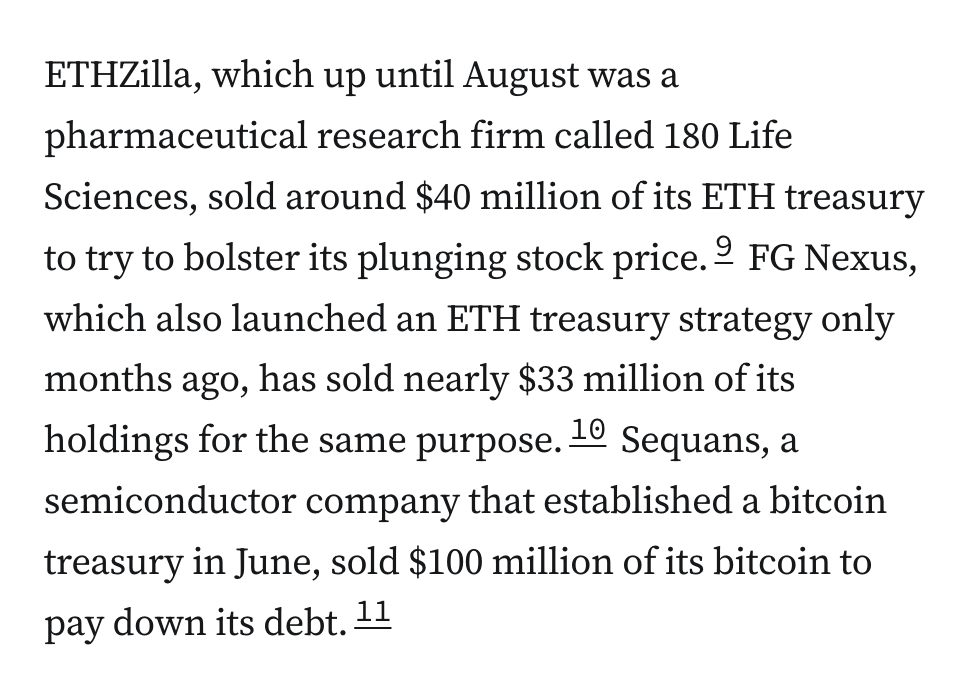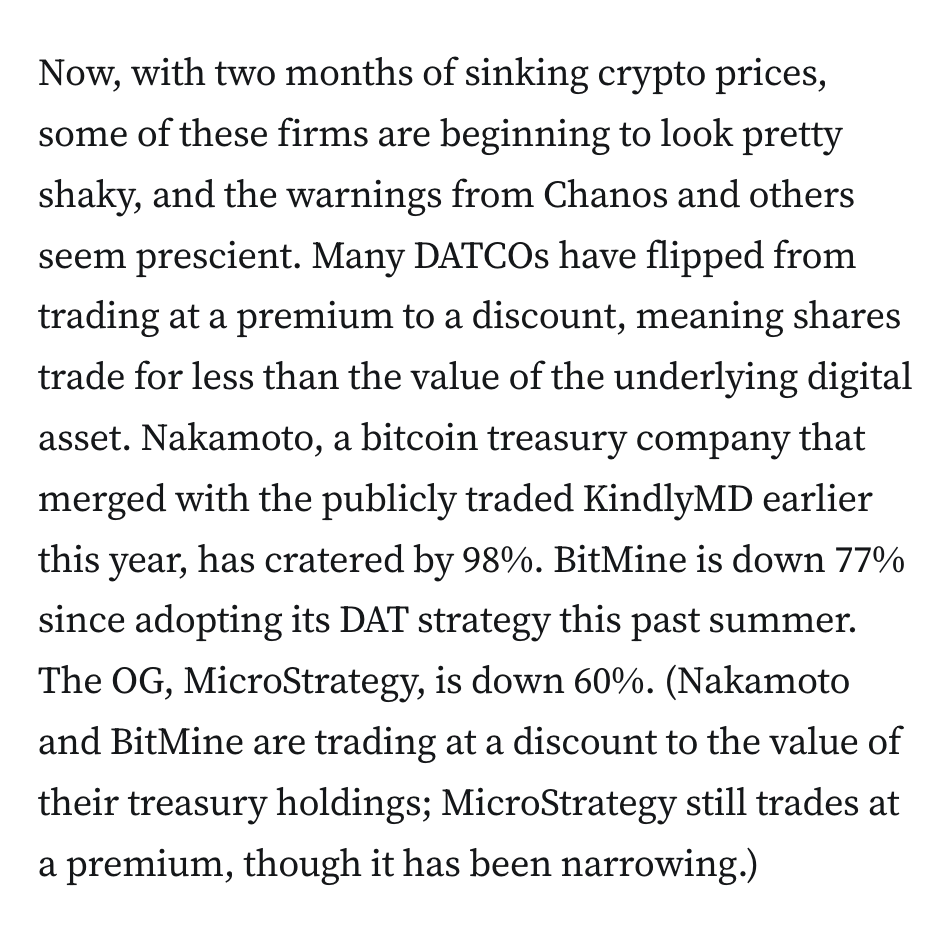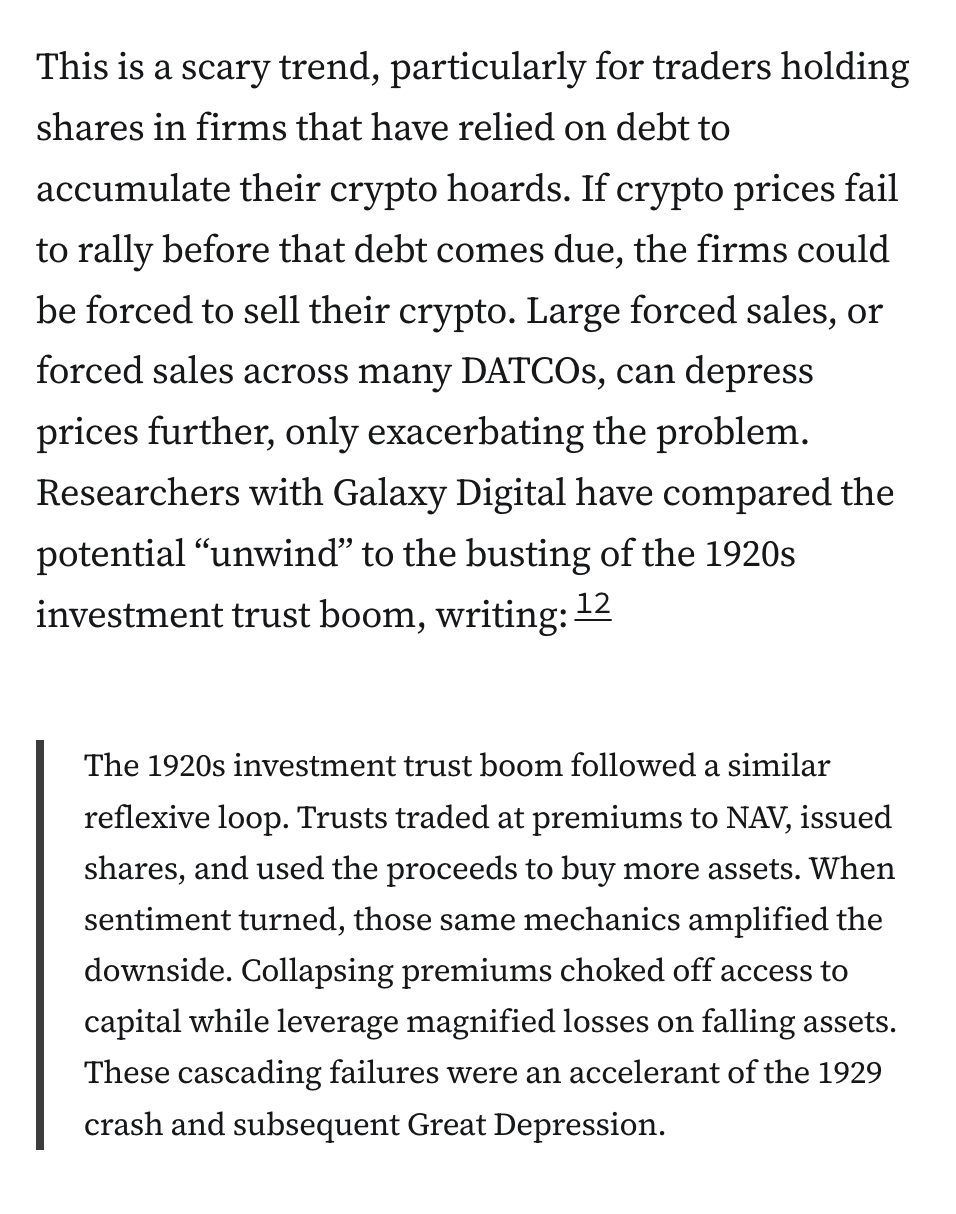Hi! Today is my first official day as the Executive Director of Mastodon, replacing @Gargron as CEO. I joined the Mastodon team more than 5 years ago, mostly working for Mastodon in the evenings on top of a 120% day job. I was the driving force behind the incorporation of the German non-profit, am a co-founder of the US 501c3 non-profit, and I have contributed to most of the fundraising success, which allowed us to expand the team.
(1/13)
Black Friday isn’t a holiday, it’s a heist. A glittery, discount-code-waving distraction where billionaires convince you that buying a $12 toaster you don’t need is a victory.
Spoiler: The only people winning are the ones who already have more money than God.
Jeff Bezos doesn’t need your $12. But the local bookstore? Your favorite indie artist? The weird little shop down the street that sells handmade candles that smell like a vacation in Scandinavia? They do.
I live in a small, rural town in New Hampshire. This morning, ICE was here arresting people. Seems like they were particularly targeting the road crews working on construction projects in town. It feels and looks like terrorism to see these masked men in unmarked cars grabbing people on their way to work. Everyone should be ashamed of this country. Everyone should be afraid. We all have to do whatever we can to stop this.
If you drive, and you enter a car park and there’s just one single other car there, is your first instinct to:
- park right next to the other car, literally in one of the spots either side of it or
- park in any of the other spots *not* right next to the other car?
So you plan to thaw out your 20 kg solid block of frozen tofurkey in the microwave for 1 minute and 10 seconds.
Which button presses are most optimal?
In theory, if Mastodon revealed which country your Mastodon account was mostly used from, it would not be possible for someone to get paid to influence voters from another country by pretending to be from said country.
For instance, Putin could not pay Russians to influence a US election by posting in English from a secret office in Moscow.
Of course the price would be, Mastodon would then reveal everyone's home country.
Would you like such a feature?
This is a scary trend. If crypto prices don’t rebound, DATCOs could be forced to sell their crypto, dragging the market down even further. Galaxy Digital researchers have compared the model, and its potential unwind, to the 1920s investment trust boom and bust.
With two months of sinking crypto prices, DATCOs are faltering. Some have even begun to sell their crypto to try to rescue plunging stock prices.


Newsletter: Crypto’s latest “infinite money machine” is the digital asset treasury company — a publicly traded firm that exists primarily to accumulate crypto. For a while, these stocks traded at hefty premiums to the underlying assets. But now, the trade is unraveling.
https://www.citationneeded.news/digital-asset-treasury-companies/
 Shai-Hulud Returns: Over 300 NPM Packages and 27K+ Github Repos infected via Fake Bun Runtime Within Hours // HelixGuard
Shai-Hulud Returns: Over 300 NPM Packages and 27K+ Github Repos infected via Fake Bun Runtime Within Hours // HelixGuard
Would you say your Purpose is
Tomorrow is Black Friday. Here's the cartoon I did last year. I'll share a new one tomorrow (with a similar point, but a new visual :)
The Wrexham Community Lottery Draw on Saturday produce 3 winners
The real winners, however, are the charities that were supported. Their a whopping 60% of their ticket money went straight to local charities, 50% to their nominated charity.
The Charities that the winners this week supported are Wrexham Futsal Youth Development Sector , Xplore Science Discovery Centre and the central Lottery Fund, which supports charities through AVOW
Support Your Charity, Sign up now:
https://www.wrexhamcommunitylottery.co.uk/support/find-a-good-cause
elder child is having their first Thanksgiving at their girlfriend's house
the concern going in was that they'd get more Roman Catholicism than they would like
actual thing girlfriend's mom is evangelizing about is DVORAK keyboards
Will you be celebrating Thanksgiving this weekend?
There and back again.


Sunset over the Towy!
O'r swyddfa yng Nghaerdydd ar ddiwrnod clir rwy'n gallu gweld Pont Hafren, Ail Bont Hafren ac arfordir Gwlad yr Haf.



Fact-checking: Nel 2025, il numero totale di agenti di polizia in Italia è di circa 306.000, inclusi poliziotti, carabinieri, e guardie di finanza. Questo porta al calcolo di circa 453 agenti ogni 100.000 abitanti. Questo dato colloca l'Italia tra i paesi europei con la maggiore presenza di forze dell'ordine in rapporto alla popolazione.
bonfire.cafe
A space for Bonfire maintainers and contributors to communicate





